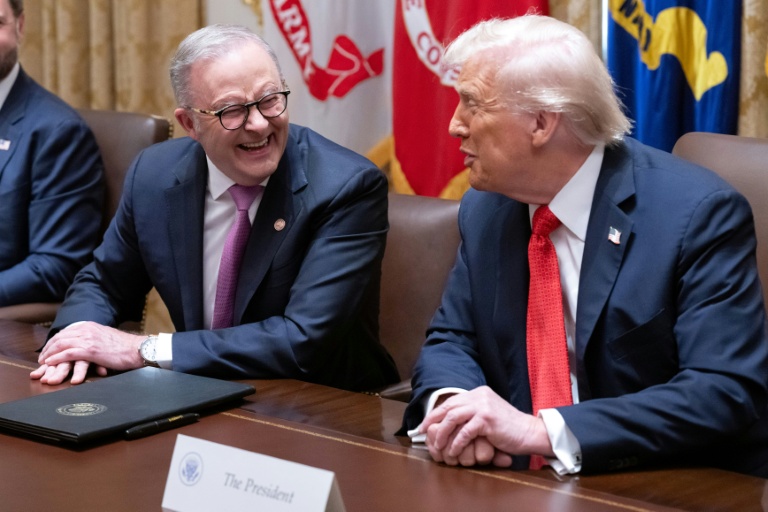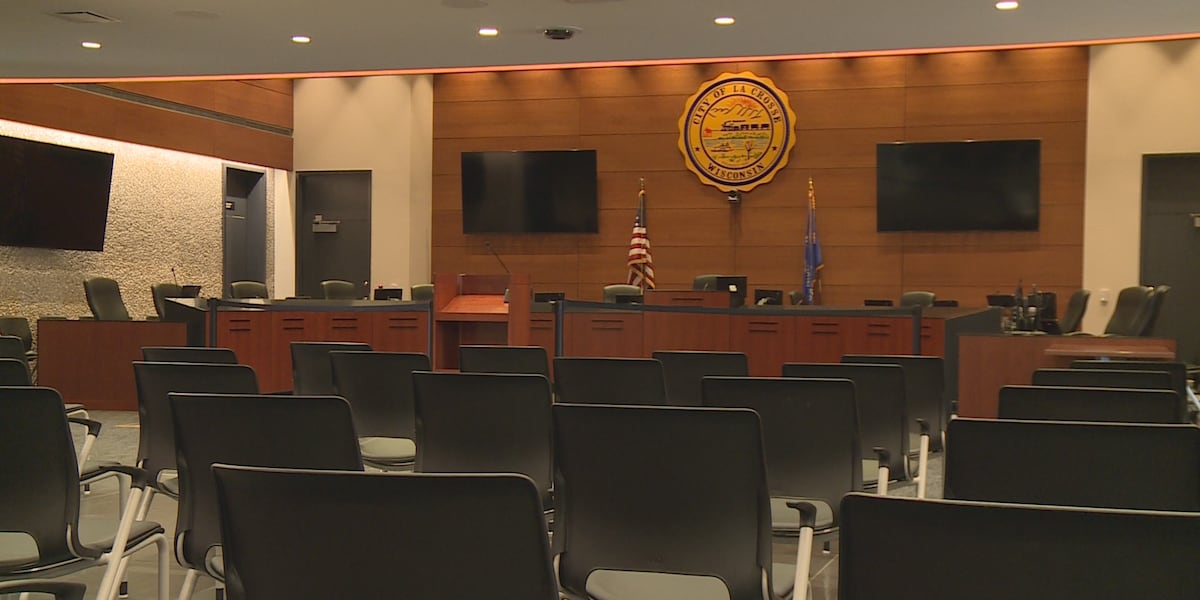US President Donald Trump announced that Australia will receive nuclear-powered attack submarines during a meeting with Australian Prime Minister Anthony Albanese at the White House on March 4, 2024. The agreement also includes a deal on rare earth minerals, underscoring Australia’s commitment as a critical partner against China’s influence in the region.
During the meeting, Trump highlighted the progress on the submarines, stating, “The submarines that we’re starting to build for Australia are really moving along.” He emphasized that the process is advancing rapidly and efficiently. Both leaders recognized the importance of the agreement, especially in light of Australia’s efforts to secure its position as a significant provider of critical minerals.
Submarine Deal and Strategic Minerals
The submarine deal is part of the broader AUKUS agreement between Australia, the United Kingdom, and the United States. This initiative could cost Australia up to US$235 billion over the next 30 years. Australian officials had sought Trump’s endorsement of this deal, particularly concerning the provision of at least three Virginia-class submarines over the next 15 years.
As negotiations progressed, Australia highlighted its abundant reserves of critical minerals, which are essential for modern technologies and defense systems. The agreement aims to reduce reliance on Chinese supplies, given that China currently dominates the rare earths market. Albanese previously announced plans for a strategic reserve of these minerals to bolster cooperation with key partners, including the United States.
The rare earth minerals are vital for a range of technologies, from electric vehicles to military equipment. Australia possesses significant deposits of lithium, cobalt, and manganese, which are increasingly critical in the global economy.
Political Dynamics and Regional Security
The meeting was not without its tensions. Albanese faced an awkward moment when Trump confronted Australia’s ambassador to the United States, former Prime Minister Kevin Rudd. After Rudd deleted critical social media posts about Trump following the latter’s election victory, Trump remarked, “I don’t like you either. I don’t. And I probably never will.” This exchange highlighted the complex dynamics of Australian-American relations, particularly in light of public sentiment; many Australians hold an unfavorable view of the Trump administration.
Despite these tensions, the strategic partnership remains crucial for Australia, especially as it seeks to counter China’s growing military presence in the Pacific. The Australian government has been working to ensure that its defense capabilities align with its global commitments, particularly through the AUKUS alliance.
The Trump administration had previously placed the AUKUS agreement under review to ensure it met the “America First” agenda, raising concerns about the availability of Virginia-class submarines. Some critics have argued that the US Navy may not have enough resources to support both its own needs and those of Australia.
In the backdrop of these discussions, Trump has expressed optimism regarding trade relations with China, despite recent tensions surrounding rare earth exports. During his recent talks with Chinese President Xi Jinping, Trump suggested that a favorable trade deal could be on the horizon.
As Australia navigates its strategic partnerships and regional security concerns, the agreements made in the White House on March 4 mark a significant step forward in strengthening ties with the United States.







